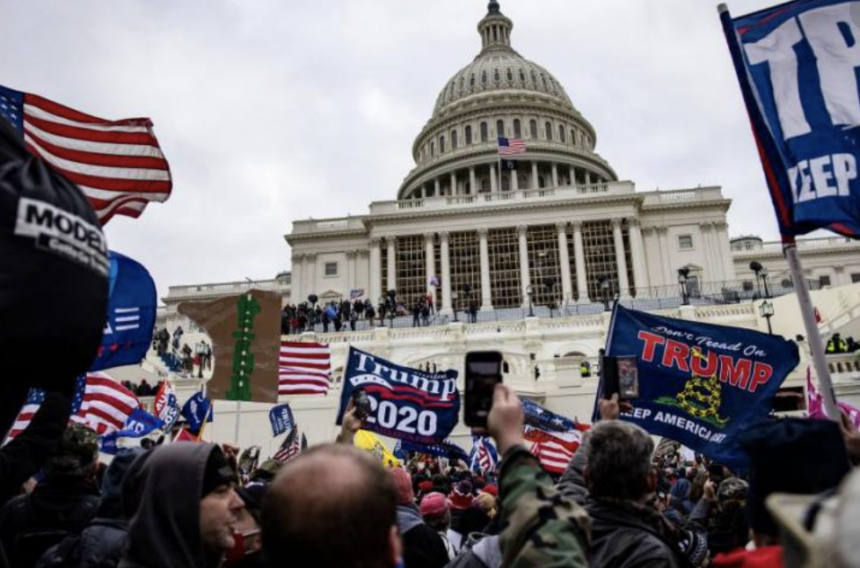At least 150 people have been charged by Justice Department in Capitol riot

(CNN) At least 150 people have now been charged by federal prosecutors in connection with the January 6 insurrection at the Capitol, according to a CNN review of court records and Justice Department announcements, as a top prosecutor said charges of sedition are not out of the question.
The milestone of 150 charged in the riot comes less than a day after the US House transmitted to the Senate an article of impeachment against former President Donald Trump for inciting insurrection. Trump will now face a trial in the same Senate chamber that rioters -- aiming to stop Congress' certification of President Joe Biden's electoral win -- breached minutes after members of the Senate had been hurried to safety.
Investigators have used 500 grand jury subpoenas and search warrants to gather information in the sweeping, unparalleled investigation, Michael Sherwin, the top US prosecutor in Washington, said in a news conference Tuesday.Sedition, among other charges, is "what we're trying to build toward," Sherwin said.
The dragnet has stretched across the country, with arrests in Florida, California, New Hampshire and Hawaii.
Many of the at least 150 defendants that CNN has identified have been charged with entering a restricted building without lawful authority and violent entry and disorderly conduct in the Capitol. The more serious charges have ranged from theft of government property, conspiracy, interstate threats, to assault on law enforcement.
The Justice Department now has more than 400 subjects in its investigation, Sherwin said Tuesday.
The FBI's Steven D'Antuono said the agency has received 200,000 digital media tips from the public about the insurrection.
Law enforcement officials have told CNN they expect hundreds of more riot participants to be arrested in the future. But they also say investigators have begun to focus on the more complex cases, like extremist groups that participated in the attack, and less on the low-hanging fruit arrests and charges.
Sherwin said prosecutors are building toward charging Capitol riot defendants with sedition, as well as looking at groups from various states who coordinated coming to the Capitol and in other long-term planning."We are going to reach a plateau I think in the very near future ... and the plateau will involve looking at the more complicated conspiracy cases related to possible coordination among militia groups," Sherwin said.
So far, the Justice Department had been bringing cases against people largely identified on the Internet, for violent entry and trespassing, and some violence toward police and weapons charges.
The cases that have resulted in arrests already are progressing slowly, with many of the defendants going before federal judges in their home states before they move to Washington, DC.
There's a bottleneck as well in the DC federal court, and many haven't yet seen a judge or had their charges formally indicted. The Justice Department has agreed to let many of the defendants be released as they await trials, with various restrictions including stay-away-orders from DC.